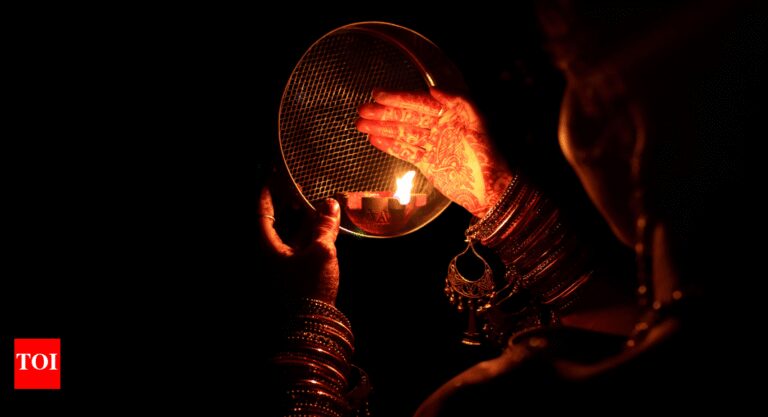
Sleep affects much more than how rested we feel; it plays a key role in our physical health, mental well-being, and even personality. A new international study published in PLOS Biology has revealed that sleep habits are linked to biological, psychological, and social traits, identifying five distinct sleep patterns. Researchers examined everything from sleep aid usage and night awakenings to brain MRI scans and memory tests, providing insights into how different sleep behaviours shape health outcomes. The study underscores that sleep is multidimensional, and how we sleep can influence aggression, emotional processing, attention, and social interactions, not just energy levels.
Sleep less than six to seven hours
If you belong to the “short sleeper” group, you might feel like you’re functioning fine—but your body is telling a different story. People who get fewer than six to seven hours of sleep each night often face emotional instability, reduced empathy, and impulsive decision-making. Over time, this lack of sleep disrupts the body’s hormonal balance, raising the risk of obesity, diabetes, high blood pressure, and cardiovascular disease. Researchers also noted that chronic short sleepers tend to struggle with maintaining focus and regulating stress, indicating that even moderate sleep loss can alter personality traits and social behaviour.
Frequent nighttime awakenings
Constantly waking up during the night can leave your brain in a state of unfinished repair. Sleep plays a critical role in clearing toxins from brain tissue, and when that process is disrupted, the result is cognitive fog, memory lapses, and irritability. The study found that those who experience frequent awakenings also show heightened anxiety, aggression, and a greater likelihood of substance misuse. Interrupted sleep fragments essential REM and deep sleep cycles, affecting language processing and emotional regulation. Even if total sleep hours appear sufficient, poor sleep continuity can sabotage the brain’s recovery and emotional balance.
Poor overall sleep quality
For some, it’s not about the hours—it’s about how restful those hours are. People with poor overall sleep quality often battle insomnia, excessive daytime fatigue, and irregular sleep-wake cycles. This group showed significantly higher levels of depression, anxiety, anger, and neuroticism in the study. Their brains appeared less efficient at managing stress and processing emotions, suggesting that fragmented or low-quality sleep can exacerbate mental health issues. Over time, this pattern can lead to burnout, weakened immunity, and chronic fatigue, turning sleep deprivation into a self-reinforcing cycle of exhaustion and emotional volatility.
Using sleep aids
Nearly two-thirds of adults in the study admitted to relying on sleep aids—ranging from prescription sedatives and melatonin supplements to marijuana. While these tools can offer temporary relief, researchers warn they may come with cognitive trade-offs. Users tended to report higher satisfaction in social relationships but also showed reduced memory performance and diminished sensitivity to others’ emotions. The findings suggest that while sleep aids can help you fall asleep, they may alter natural sleep architecture, preventing the deep restorative phases the brain needs. Experts caution that consistent dependence on such aids might signal deeper sleep or mental health issues that need professional attention.
Daytime drowsiness despite adequate sleep
If you sleep a full night yet still feel tired, you may fall into the “daytime drowsy” category. This group’s fatigue often stems from underlying medical conditions such as sleep apnea, anemia, thyroid issues, or vitamin deficiencies. The study also associated this pattern with attention problems, chronic stress, irritability, and depression. Many people in this category appear well-rested but experience mental sluggishness, forgetfulness, or an inability to stay alert during key moments of the day. Researchers suggest that even subtle disruptions—like light exposure, caffeine use, or unrecognized anxiety—can sabotage restorative sleep and leave you drained despite adequate rest.







